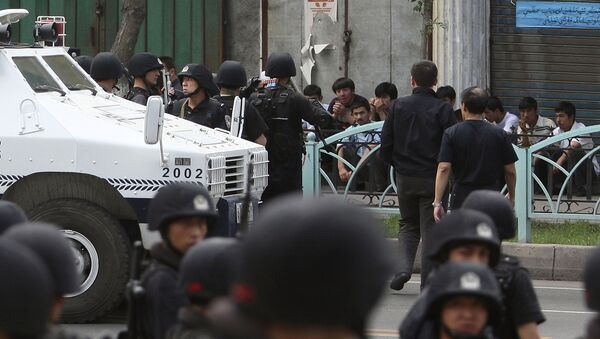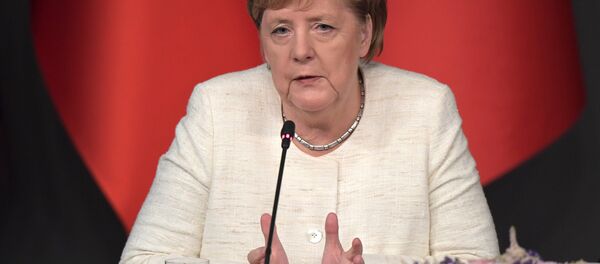On Sunday, Turkey referred to China's treatment of the Uyghur ethnic minority as a "great embarrassment for humanity." Beijing quickly described Ankara's comments as "vile" and called on Turkey to accept China's explanations for the forced detention of an estimated million Uyghurs as a means of curbing terrorism and extremism, the South China Morning Post (SCPM) reported.
"The statement made by the Chinese embassy is a countermeasure on the Turkish government," analyst Li Mingjiang, an associate professor at the S. Rajaratnam School of International Studies in Singapore, told SCMP.
"It is a message telling the Turkish government that you should not say too much about the internal affairs in China, otherwise economic relationships, tourism, this sort of thing, could be affected," Li added.
China has issued similar warnings to its citizens traveling or residing in Canada and Sweden.
Sino-Canadian relations worsened after Huawei executive Meng Wanzhou was detained in Vancouver last month for reportedly failing to comply with US sanctions against Iran.
Just a few days after Meng's arrest, Chinese authorities detained former Canadian diplomat Michael Kovrig and businessman Michael Spavor for allegedly posing a threat to the country's security.
Beijing denied that the detention of the two businessmen so quickly after the Ottawa move was related to Meng's case, Sputnik previously reported.
In December, China issued a travel alert to citizens traveling to or residing in Sweden after a September 2018 row in which Chinese tourists refused to vacate the premises of a Stockholm hotel after arriving some ten hours prior to their reservation and demanding to be allowed to sleep in the lobby.
The forced ejection of the stridently-resisting Chinese tourists saw Beijing raise a flag of human rights violations and police brutality.
A video of the ejection — which revealed weeping Chinese tourists rolling on the sidewalk while perplexed Swedish law enforcement officials considered their next move — generated tens of millions of views on Weibo, a Chinese equivalent of Twitter, during the first two weeks of September alone, prompting calls from some to boycott Swedish brands such as IKEA and H&M and even Sweden itself, Sputnik previously reported.




